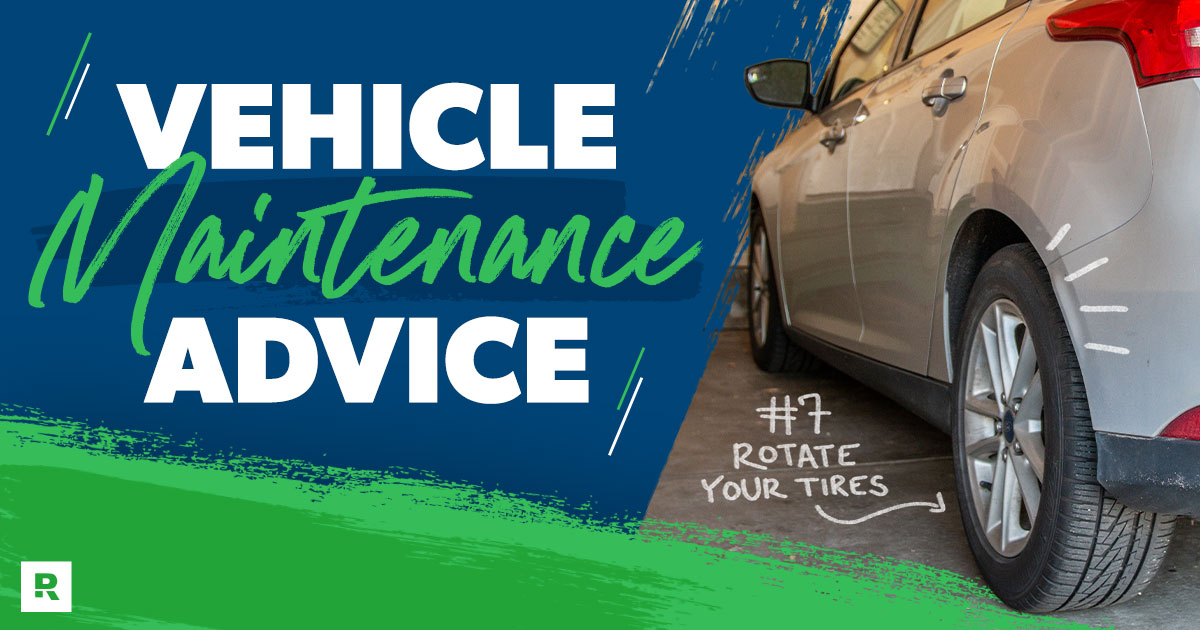For essential emission control system maintenance, regular inspection, and timely servicing are crucial. Routine maintenance includes checking and replacing the air filter, oxygen sensor, catalytic converter, and ensuring proper fuel system operation.
Proper maintenance of the emission control system not only helps reduce harmful emissions but also improves fuel efficiency and extends the life of the vehicle. Neglecting regular maintenance can lead to increased emissions, reduced engine performance, and even potential legal issues.
By following these essential tips and staying proactive in emission control system maintenance, vehicle owners can contribute to a cleaner environment and ensure the efficient operation of their vehicles for years to come.

Credit: www.ebay.com
Regular Inspection And Maintenance
Regular inspection and maintenance are essential for keeping your vehicle’s emission control system running smoothly. By staying on top of these tasks, you can prevent issues and ensure that your vehicle is environmentally friendly while maintaining optimal performance. Here are some crucial aspects to consider for maintaining your emission control system.
Check Engine Light
The check engine light is a vital indicator of any potential issues with the emission control system. When the check engine light illuminates, it’s important to address the problem promptly.
Exhaust System Inspection
Regular inspection of the exhaust system is crucial for emission control maintenance. Inspect the catalytic converter, muffler, exhaust pipes, and other components for signs of damage or corrosion.
Proper Fuel And Oil Management
Proper fuel and oil management are crucial for the efficient functioning of your vehicle’s emission control system. By following best practices for fuel and oil management, you can ensure that your vehicle operates at optimal performance while minimizing harmful emissions into the environment. Let’s explore the essential tips for maintaining your emission control system through proper fuel and oil management.
Use High-quality Fuel
Using high-quality fuel is vital for maintaining the health of your vehicle’s emission control system. Inferior quality fuel can lead to the buildup of carbon deposits in the engine, which can negatively impact the efficiency of the emission control system. When selecting fuel for your vehicle, opt for fuels that are free from contaminants and adhere to industry standards for quality and cleanliness. Choosing high-quality fuel can prevent potential issues with the emission control system and promote better overall engine performance.
Regular Oil Changes
Regular oil changes are paramount for the proper functioning of the emission control system. Fresh, clean oil helps to lubricate the engine components and prevent excessive friction and wear, which can lead to increased emissions. Adhering to a regular oil change schedule as recommended by the vehicle manufacturer is essential for maintaining the efficiency of the emission control system. Ensure that the oil used meets the specifications outlined in the vehicle’s manual to ensure optimal performance and emission control.
Air Filter Maintenance
Proper air filter maintenance is essential for maintaining the emission control system of your vehicle. Follow these tips to ensure optimal performance and reduce harmful emissions.
Inspect And Replace Air Filters
Regular inspection and replacement of air filters are crucial for maintaining the efficiency of your vehicle’s emission control system. Air filters play a vital role in trapping dirt, dust, and other particles that can enter the engine. When these contaminants accumulate, they can obstruct the airflow, affecting the performance of your vehicle.
Inspecting your air filters is a simple and straightforward task that you can perform on your own. Start by locating the air filter housing, which is usually found under the hood, near the engine. Remove the housing cover and carefully take out the air filter. Examine it closely for any signs of dirt, debris, or damage.
If the air filter appears to be dirty or clogged, it’s time for a replacement. A obstructed air filter not only impairs engine performance but can also increase fuel consumption and negatively impact your vehicle’s emissions. It is recommended to replace your air filter at least once a year or every 10,000 to 15,000 miles, depending on driving conditions.
How To Replace Air Filters
- Start by purchasing a high-quality replacement air filter that is compatible with your vehicle’s make and model. It’s crucial to use the correct filter to ensure optimal performance.
- Open the air filter housing and carefully remove the old filter, taking note of its orientation.
- Thoroughly clean the air filter housing, removing any dirt or debris that may have accumulated inside.
- Insert the new air filter into the housing, aligning it correctly with the arrows or instructions on the filter itself.
- Double-check that the filter is properly secured in place before closing the housing cover.
Remember, a clean and properly functioning air filter not only helps to maintain optimal engine performance but also contributes to reducing harmful emissions from your vehicle. By following these simple steps, you can ensure that your emission control system is in top shape, promoting a cleaner and greener environment.
Credit: www.kbb.com
Proper Driving Habits
Avoid Aggressive Driving
Driving aggressively can harm your emission control system by causing unnecessary strain.
Reduce Excessive Idling
Excessive idling increases emissions and can harm your emission control system over time.
Emission Testing And Compliance
In maintaining your vehicle’s emission control system, one crucial aspect is emission testing and compliance. This process ensures that your vehicle is not only environmentally friendly but also meets regulatory standards.
Follow Local Emission Regulations
Staying compliant with local emission regulations is vital for reducing harmful pollutants in the environment.
Regular Emission Testing
Ensure to conduct regular emission testing to check the effectiveness of your vehicle’s emission control system.

Credit: www.ramseysolutions.com
Frequently Asked Questions For Essential Tips For Emission Control System Maintenance
What Is Basic Fundamentals Of The Emission Control System?
The emission control system reduces harmful pollutants from the vehicle’s exhaust. It comprises components like catalytic converter, oxygen sensors, and EGR valve. These parts work together to lower emissions and meet environmental regulations. Regular maintenance ensures the system functions efficiently.
How Do You Fix An Emissions Control System?
To fix an emissions control system, start by checking the gas cap. If it’s damaged, replace it. Next, inspect and replace any faulty oxygen sensors or catalytic converters. Lastly, clear the error codes using a diagnostic tool. If the issue persists, seek professional help for thorough inspection and repair.
What Is Emissions Maintenance Service?
Emissions maintenance service is a necessary procedure to ensure your vehicle meets environmental standards. It includes regular inspections and adjustments, as well as repairs if needed, to reduce harmful emissions from the exhaust system. This service helps keep the air clean and protects the environment.
How Can I Improve My Engine Emissions?
To improve engine emissions, maintain regular tune-ups, use high-quality fuel, replace air filters regularly, and drive at moderate speeds.
Conclusion
Maintaining your emission control system is crucial for ensuring the longevity and efficiency of your vehicle. By following the essential tips discussed in this blog post, such as regular inspections, proper maintenance, and using high-quality fuel, you can minimize emissions and contribute to a cleaner environment.
Remember, taking care of your vehicle’s emission control system not only benefits the environment but also improves the overall performance of your car. So, make it a priority to prioritize emission control system maintenance and enjoy a smoother, more eco-friendly driving experience.
